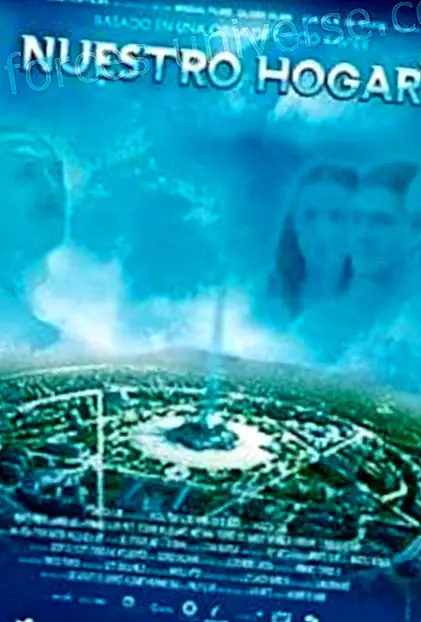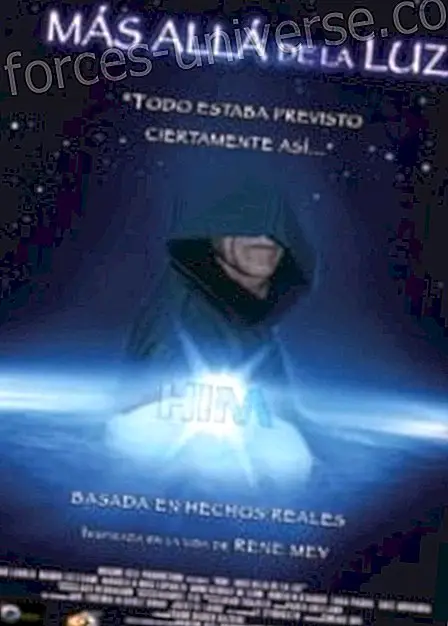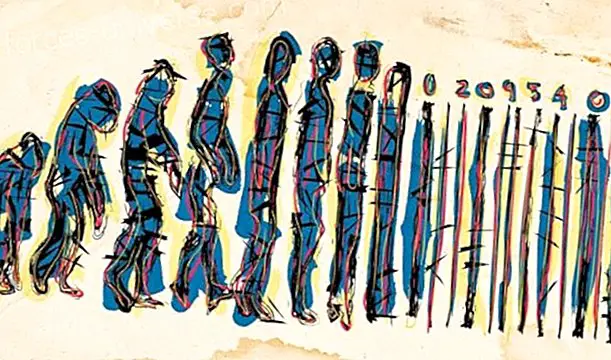Swami Satyananda Saraswati (Barcelona, 1955) has lived three decades in India. Get to know the Hindu tradition, especially Advaita Vedanta, Kashmir Shivaism and the philosophy of yoga.
In 1976 he meets Swami Muktananda, who will initiate him on the path of meditation. In 1982 he receives the vows as a renunciant (sannyasa) of the order of Sri Shankara. It is established at the foot of the mountain of Arunachala in the company of direct disciples of Sri Ramana Maharshi. Study Sanskrit in Pondicherry and Varanasi. Later, in Thapovanam (Tamil Nadu), he enters the contemplation of the Upanishads under the guidance of Swami Nityananda Giri.
He currently resides in Catalonia, where he teaches Hinduism for three years. He has edited the collective medieval Mystic Hindu work (Trotta, 2003) and is the author of several contributions to Indica-themed works. He is founder and promoter of Advaitavidya, an association dedicated to the practice, contemplation and study of the Hindu tradition.
He has condensed his great knowledge about Hinduism in a great book, Hinduism, edited by Fragmenta and presented a few days ago in Madrid in its Spanish version.
What can knowledge of Hinduism contribute to western men and women?
Knowledge itself can bring well-being and peace of mind, but if this knowledge becomes practical and internal transformation, it can lead to another completely different way of life. Because the cause of our problems is the mind; if we get to know that mind and the "mind observer", who is free of mental movements, and we identify with that essence, our whole way of understanding life, ourselves and others changes, and we will live a lot more harmonized
When he considered writing the book Hinduism, what was his goal?
The objective is to present an introduction to Hindu Dharma, Hinduism, based on its sources, that was rigorous and at the same time simple and that gathered the essentials. Vedic Hinduism, its fundamental texts, its most fundamental concepts, are covered. There are things that have not entered, such as modern Hinduism or deities, because the book would be much broader, but the basis of Hinduism is here.
The base is eminently philosophical ...
Philosophical but as philosophy was understood in the Greco-Roman world, as a path of inner transformation, death and inner rebirth, not only of mental philosophy. Hinduism and the whole Eastern tradition does not try to accumulate knowledge, which helps us very little, but to transform us.
In the West, everything that sounds like religion is not at its best. How to get closer to a whole way of thinking, such as Hinduism, that goes beyond the religious? How can you explain to people overcoming these prejudices?
The first is not to be contaminated by the predominant ideologies, and the second, to recognize our own roots, the philosophical roots of ancient Greece, that variety of philosophers, systems, compressions of the cosmos; those inquiries, those mystical traditions or of the gods, or beyond the gods, and purely philosophical and observational. That is in us, it may have been obscured but it is here. The human being aspires to understand himself; there is an infinite part in our heart that wants to meet again. That is why nothing that is finite will ever make us happy, because we need that fullness.
How do you engage yoga in your book?
In the book set in the chapter of the roads, the margas. Once the Vedas, the Upanishads, the fundamental texts, the fundamental philosophy have been expressed, how does this become a transformation? Well, following a path and following the guidelines that lead you to transformation. Hence an ancient tradition of teachers, from the Rishis to the present, that Hinduism has fortunately maintained. It is a living tradition; There are still many teachers who teach you millenary practices that taught you in the same way more than five thousand years ago. There is a transmission source, a very powerful and ancient channel.
A transmission channel that is still alive although very adapted in the West ...
Some teachers have adapted it to the West, others have adapted very little to the West, others have decided not to travel to the West. But it has to do with this restlessness of the one who seeks himself.
And do you personally recommend following a more adapted, less adapted, more traditional, less traditional path? Or does this not matter?
Everyone must find the way according to their predispositions, their mentality. I believe that the traditional path has a force, and it is not that we want to adapt this millenary truth to the conceptions of our mind, but that our mind should be able to transcend certain concepts to understand that truth so pristine, so ancient, that it is still valid. today. The human being has not changed; their conditioning has changed, but this search for the infinite, for the eternal, is still present. We read conversations in the Upanishads that could take place today.
What values stand out of Hinduism, apart from self-knowledge, that can help in today's life?
Self-knowledge makes you accept yourself, that you recognize this transcendent part in you and also this relative part, that you love yourself as a relative character and also as a light of this infinity and, that you see the same in others. May you see its relative part and this light of consciousness that is in everyone's heart. This would lead naturally and without forcing love, compassion, solidarity, to another form of society where usury or many things that have normalized would not exist, because we would see this divinity in the heart of the other.
Does yoga seem valid as taught here in the West? Non-individual transmission, absence of guru ...
You mean hatha yoga or physical yoga, right? It is a beginning; Someone can go to a yoga class because his back hurts, he doesn't want to recognize his infinity, but his back hurts. If the teacher is related to the tradition and knowledge of yoga, little by little he will make this person not only surely solve his back pain but also go into spaces of no thought where he feels full and discovers something very big in himself . The purpose of hatha yoga is samadhi, absorption in reality, not improving the back or having a very beautiful body, so a good teacher must be a means that through classes leads you to aspire to something else, above all I show you that within you there is a treasure, an immense light that you can discover.
How do you decide, after so many years living in India, to return to Barcelona?
I didn't really decide anything. Four years ago I went to Barcelona and there was no need to return to India; I felt good here. A group of people interested in learning was created and I felt very good teaching, I thought that time had come because it was very natural. Although I still make my trips to India.
More information: http://www.advaitavidya.org/
Swami Satyananda Interview: "The human being continues to aspire to fullness"







